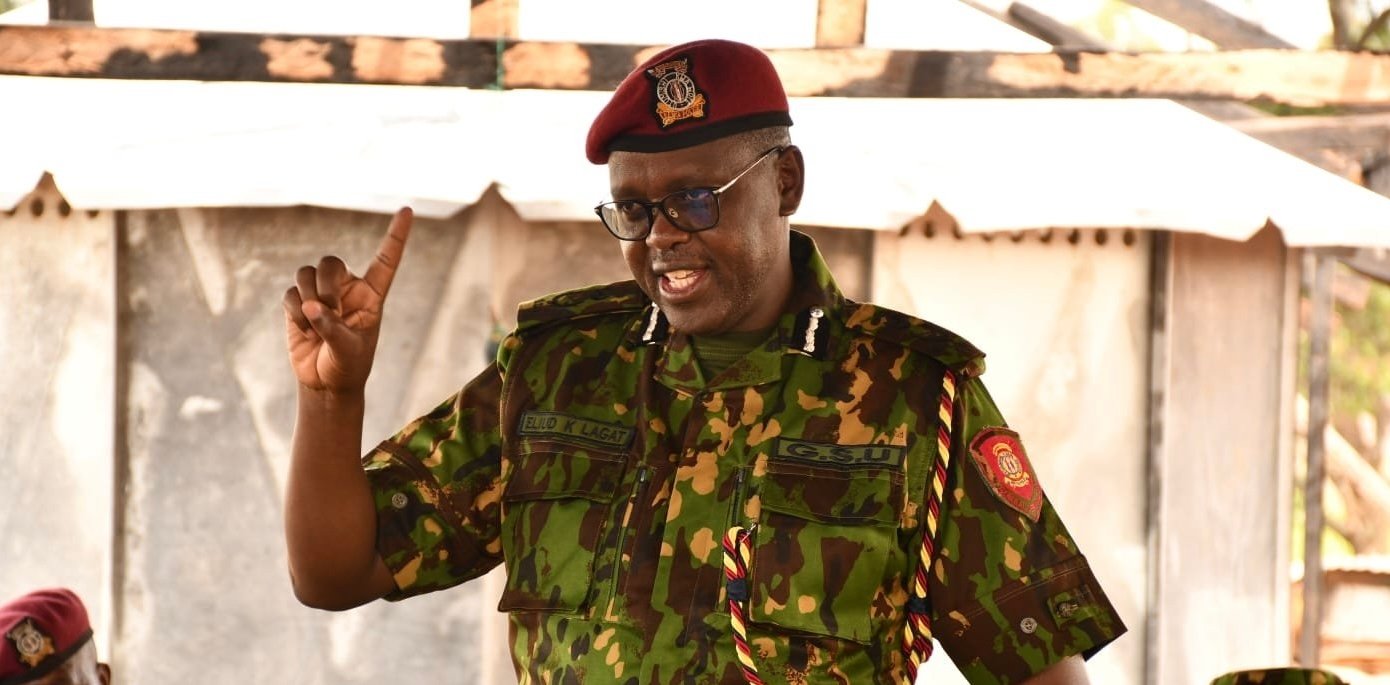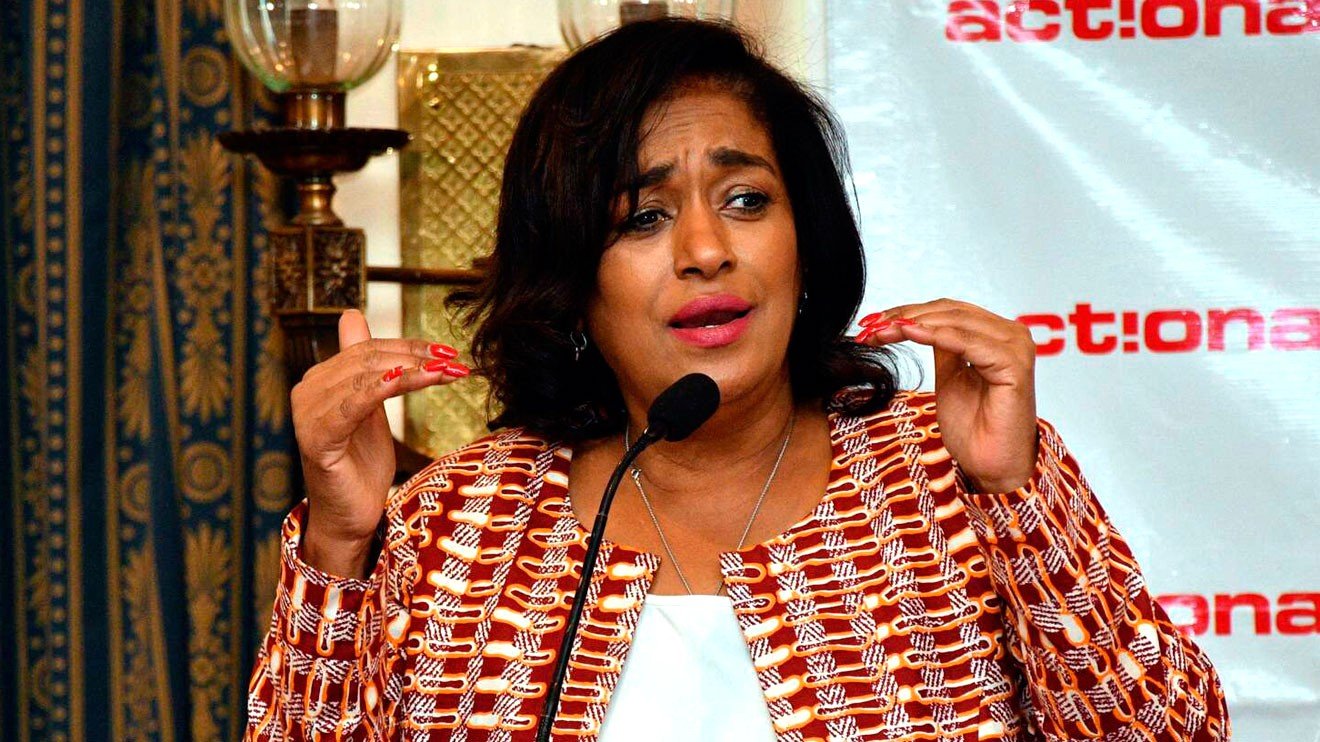NAIROBI, Kenya — Nairobi County Woman Representative Esther Passaris has vociferously defended Deputy Inspector General of Police Eliud Lagat amid growing public calls for his dismissal.
The demand for DIG Lagat’s removal stems from the recent death of blogger Albert Ojwang’ while in police custody, with accusations alleging that Lagat ordered Ojwang’s arrest over the purported publication of false information on social media.
However, Passaris has countered these claims, stating that she was with DIG Lagat on Sunday, June 8, 2025, during a Kenya Alliance of Residents Association meeting when news of Ojwang’s death emerged.
Passaris described Lagat’s reaction upon hearing the news as one of genuine surprise, suggesting he was unaware of the incident.

“I was with the Deputy Inspector General Eliud Lagat, during a Kenya Alliance of Residents Association meeting on Sunday when the news broke. He was completely out of the loop. His composure reflected genuine surprise not that of someone aware of, let alone involved in the death of Albert Ojwang,” Passaris posted on her X account on Tuesday, June 10, 2025.
Also Read: Autopsy confirms Albert Ojwang’ was assaulted in custody, police ‘self-inflicted’ claim debunked
Adding another perspective to the ongoing debate, political scientist Mutahi Ngunyi cautioned against prematurely targeting suspects. He emphasized that misdirected focus could inadvertently allow the true perpetrators of Ojwang’s death to evade justice.
Ngunyi urged the public to prioritize facts over preconceived notions.

“If I killed Albert Ojwang using police networks, then blamed it on DIG Lagat, who would defend Eliud Lagat? He has no rights. Why? We have made up our minds. Do not confuse us with the facts. If I killed Ojwang, and we push for #ArrestEliudLagat, the killer would walk free. True?,” Mutahi Ngunyi questioned on X.
The tragic death of Albert Ojwang continues to be a contentious issue, deeply polarizing public opinion.
Pressure is mounting on the Independent Policing Oversight Authority (IPOA), which has been tasked with conducting a thorough investigation into the case and submitting its findings to the Office of the Director of Public Prosecutions (ODPP) within seven days.

